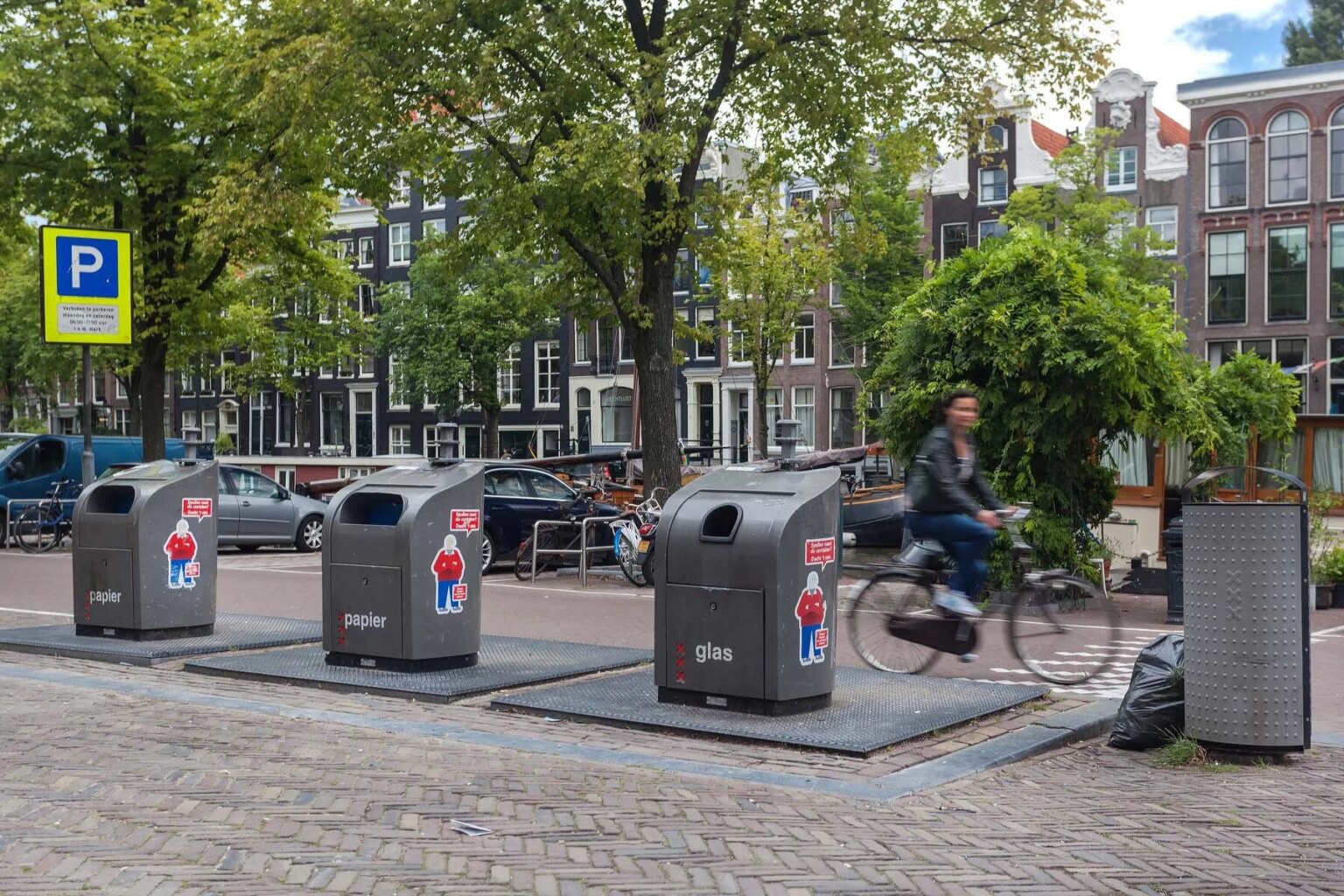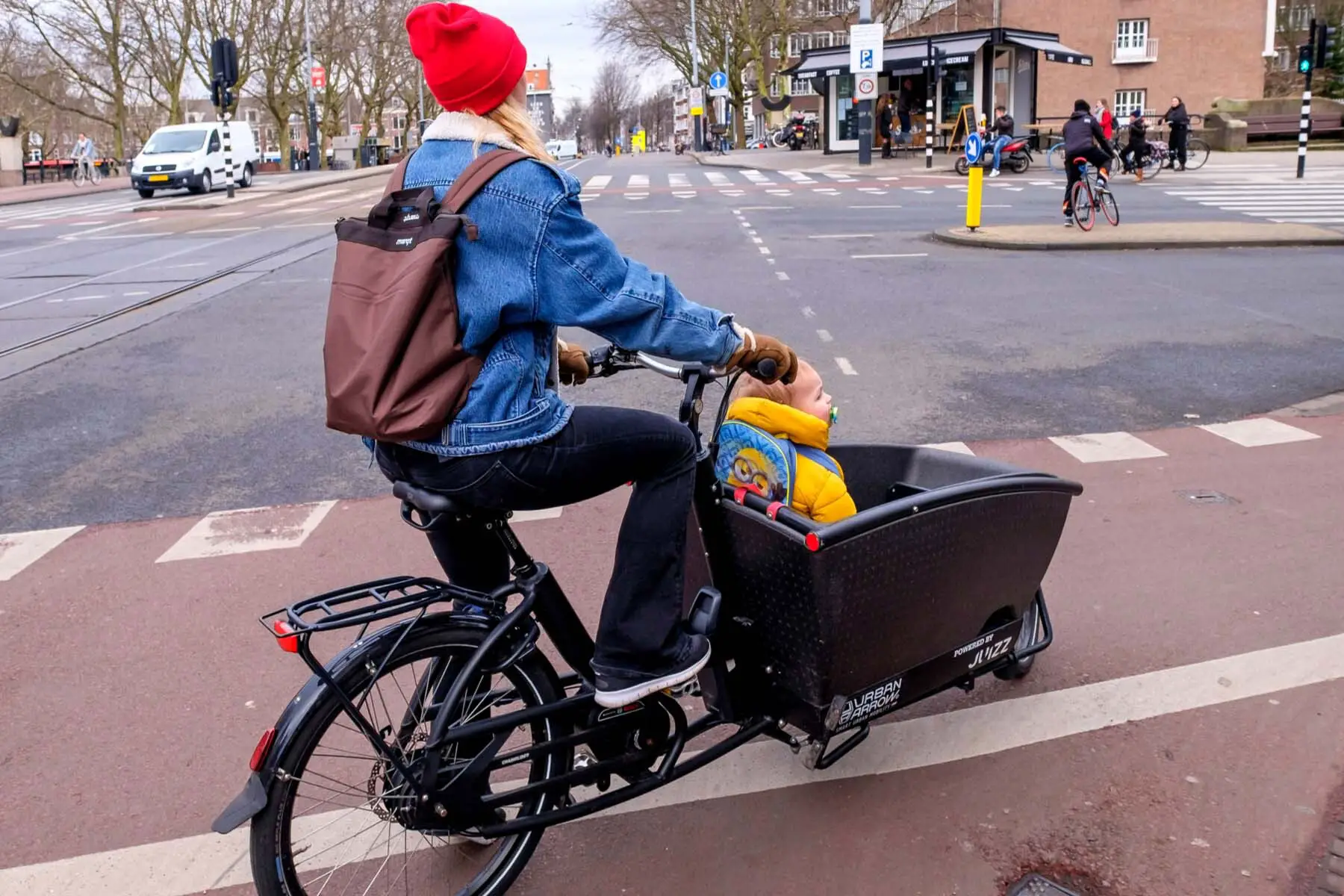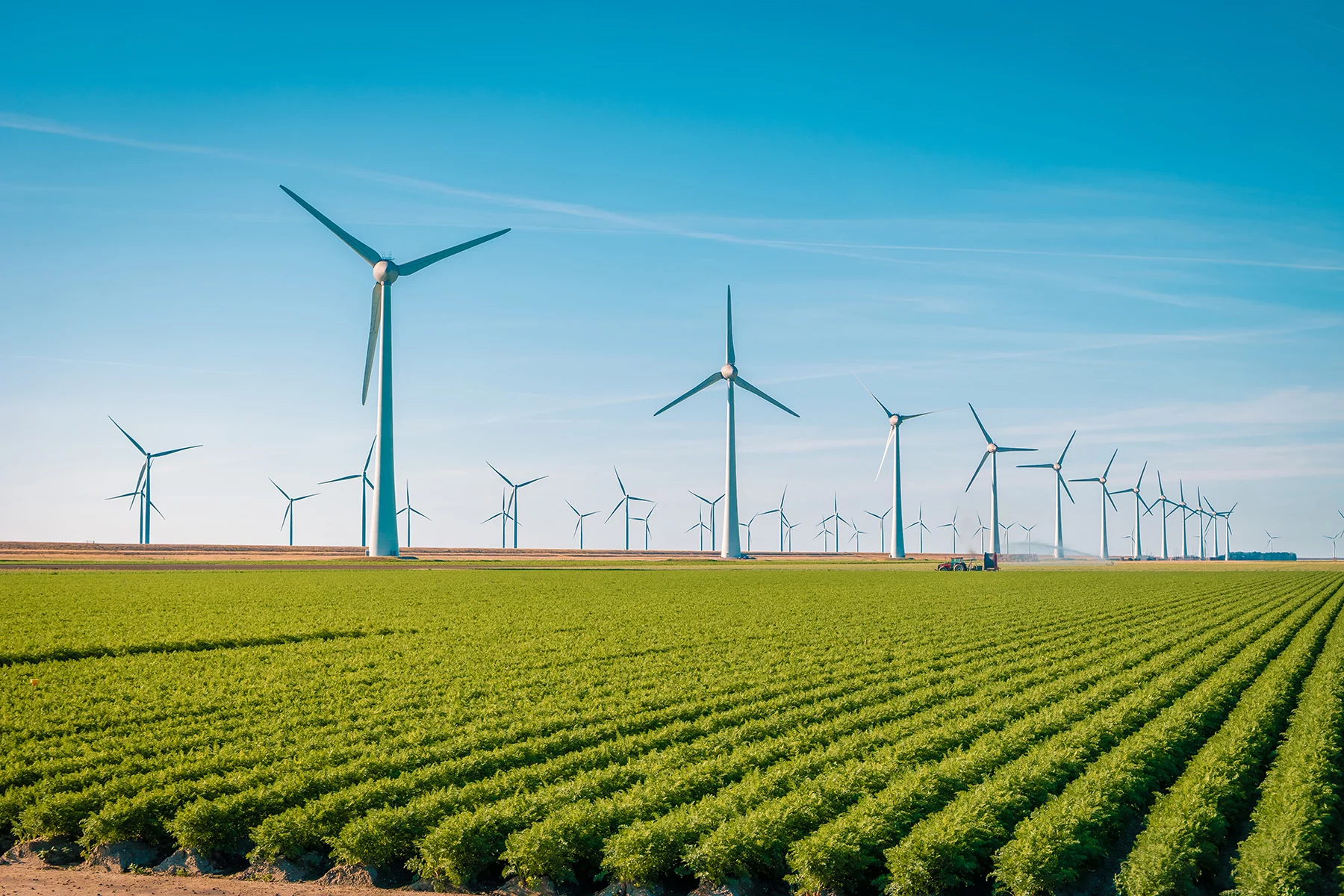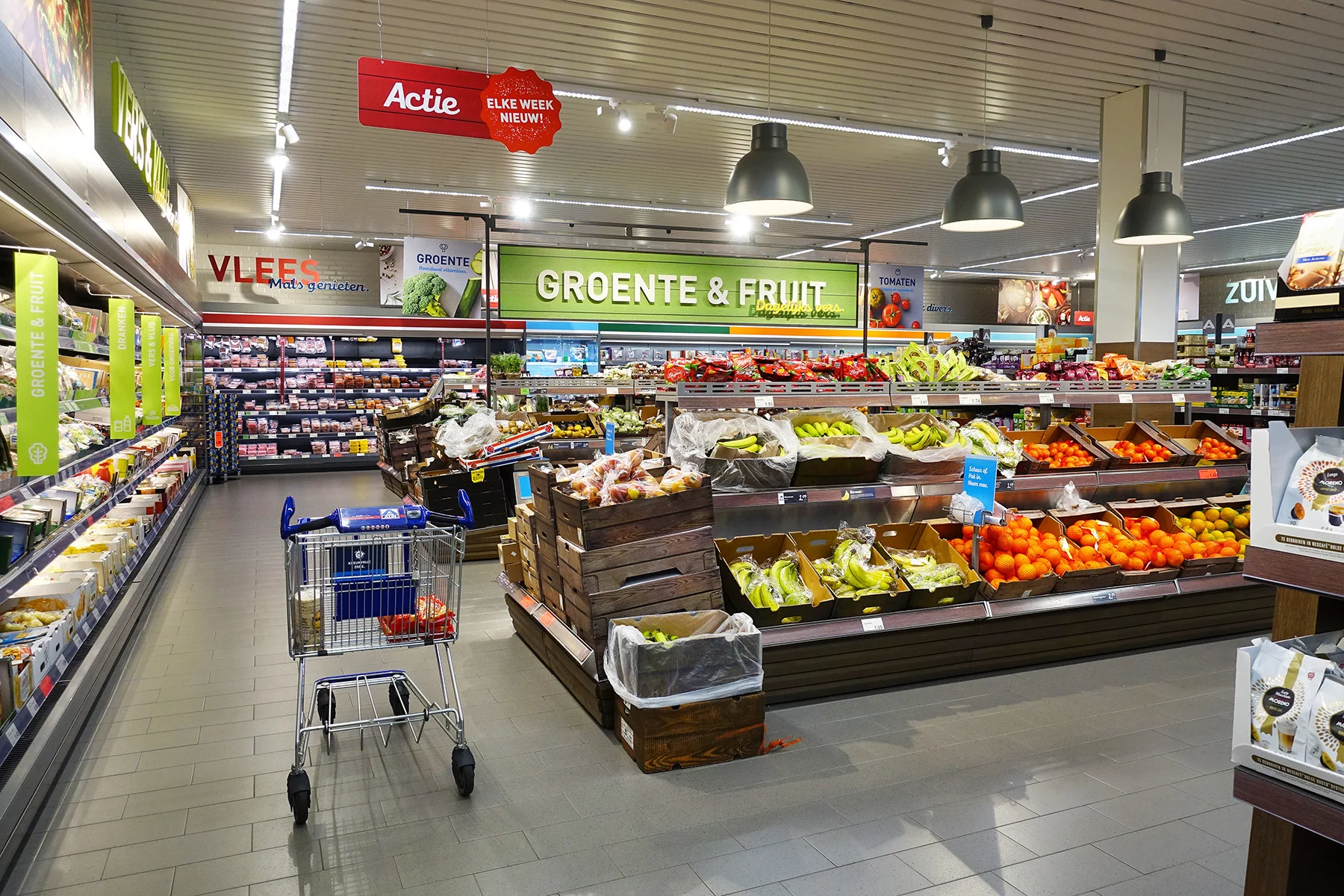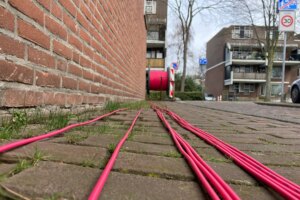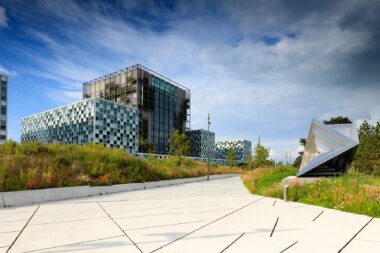If you’re an expat living in the Netherlands, you’ll face all manner of small, everyday challenges in your life. From finding your nearest grocery store to knowing how to send mail, there are some things you simply need to know. And while garbage collection and recycling might not be the most glamorous aspect of life, it’s still essential to know if you call the Netherlands home.
To help give you an idea of what to expect in your new Dutch home, this guide provides the following information:
The Dutch household waste system
With its vast network of cycle paths and all that wind energy just waiting to be harvested, it’s hardly surprising that the Netherlands is one of Europe’s greenest nations. This green mentality can also be seen in Dutch homes across the country, particularly when it comes to recycling household waste. In fact, in 2018 the Netherlands recycled 56% of all municipal waste – and that number continues to rise every year.
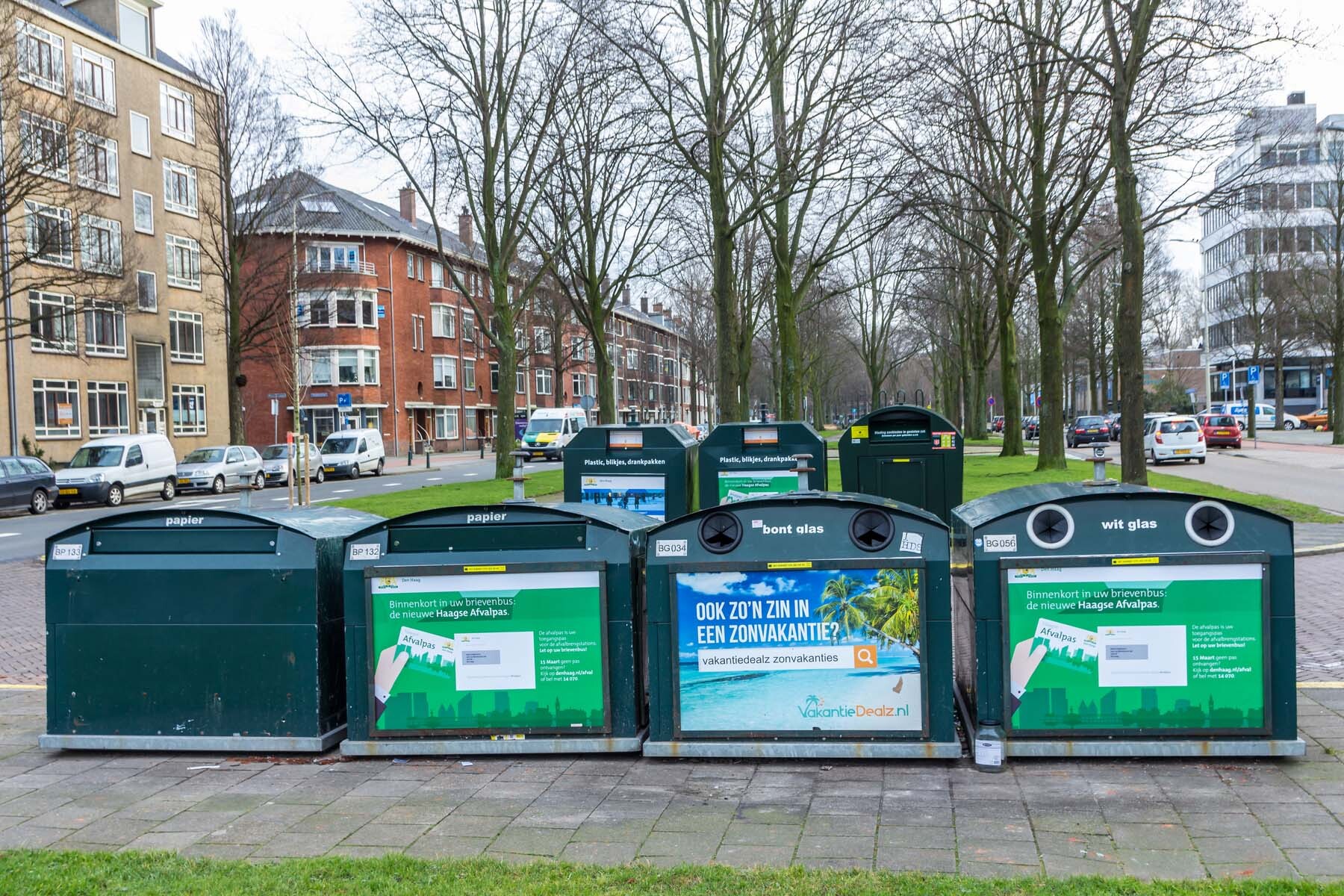
The recycling of municipal waste plays an important role in the Dutch government’s aim for the Netherlands to have a circular economy by 2050. This phased process will see the country half its consumption of raw materials by 2030, before moving towards an entirely waste-free society by the middle of the twenty-first century. For more information, visit the Dutch government’s English guide to the circular economy.
What happens to your household waste?
Once you’ve thrown your recycling or garbage into the right receptacle, what happens next? Well, that depends on what you’ve just thrown in. Generally speaking, much of the recyclable household waste is recycled either in the Netherlands or nearby European countries. Meanwhile, non-recyclable waste usually goes either an incinerator or landfill. While somewhat controversial, these incinerators produce electricity which is then fed back into the Dutch power grid. This helps avoid the use of landfills, although these still exist for certain materials.
How to recycle in the Netherlands
The method of recycling in the Netherlands will largely depend on where you live. Both recycling and waste collection are managed at a local level by municipalities – and paid for through city taxes. This means that requirements can vary between neighboring areas, even just a few streets apart. Therefore, it’s essential to do some research on the local rules and timetables when moving into a new Dutch home. You’ll be able to find this information on the website of your local municipality. In larger cities, such as Amsterdam and The Hague, this information is also available in English.
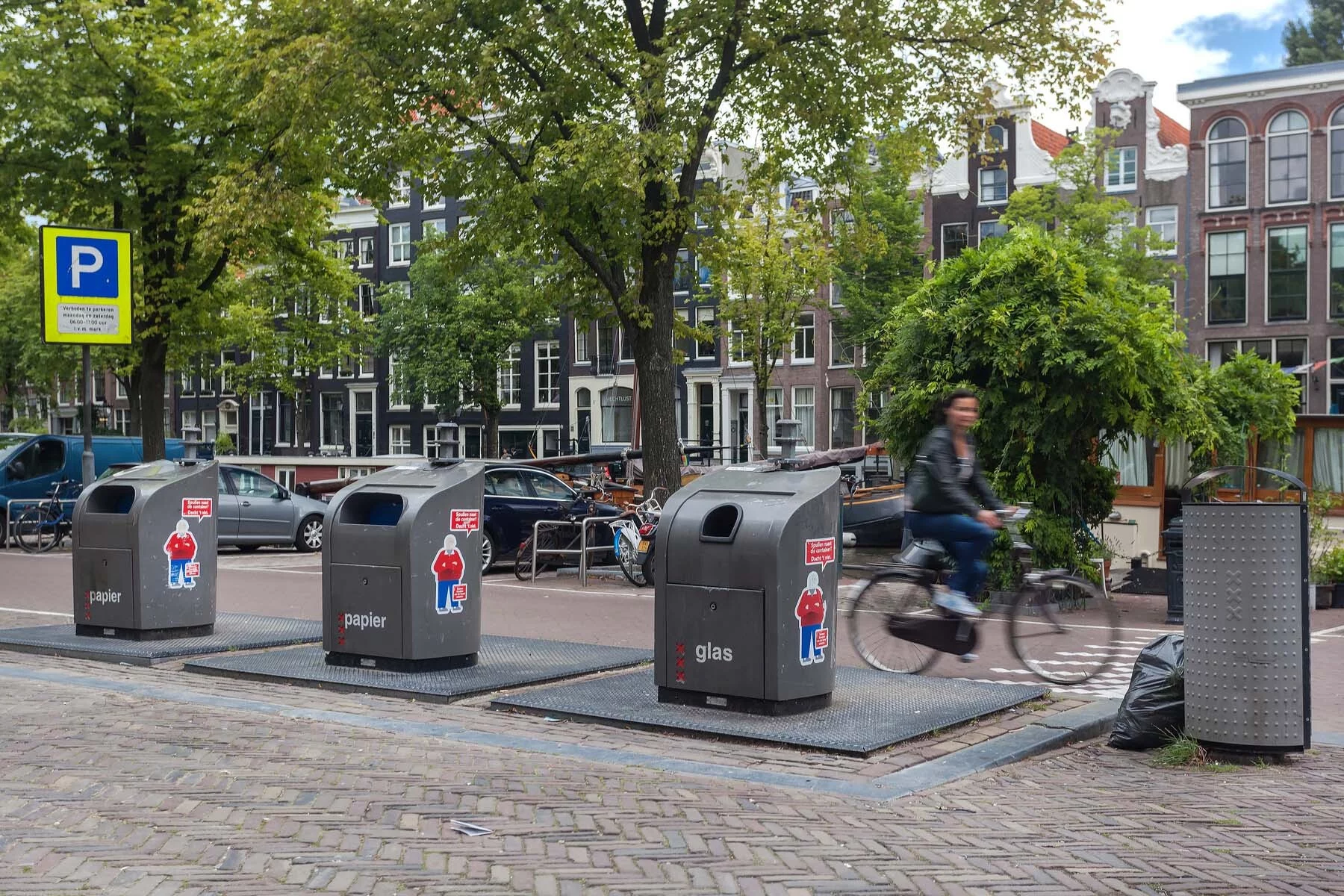
There are two main ways to recycle your household waste in the Netherlands. In some municipalities, you’ll be provided with separate recycling cans, allowing you to separate materials at home. These are collected on the roadside at regular intervals. In other areas, including Amsterdam and some other large cities, you’ll need to deposit your recycling in communal, roadside containers. These are either underground or on street level and municipal workers empty them regularly.
Recycling paper
Paper (papier) and cardboard and widely recycled across the Netherlands, including newspapers, food packaging, and more. In many Dutch municipalities, there is a designated paper recycling bin (often blue) that is collected regularly, usually every two weeks. Otherwise, you can find designated roadside containers for paper. It’s important to make sure any paper you want to recycle isn’t stained with food, paint, dirt, or anything else. Napkins, sanitary towels, and other hygiene products are not recyclable.
Recycling plastic
With plastic pollution a growing concern throughout the world, you’ll be pleased with just how easy it is to recycle plastic (plastic verpakkingen) in the Netherlands. As with paper, how you recycle plastic will depend on where you live. For instance, large on-street containers are in every neighborhood in Amsterdam and some other cities. Alternatively, municipal workers may collect plastic at the curbside. You’ll get a designated bin (usually orange) to separate plastic at home, often alongside metal and drinks cartons. You can also recycle certain plastic bottles at your local Dutch supermarket. However, only bottles that you have paid a deposit (statiegeld) can be recycled this way.
To know whether you can recycle each individual piece of plastic, you’ll need to know which type of plastic you’re dealing with. You can do this by checking any ‘on-pack’ recycling labels against local guidelines. This will show you whether the packaging is recyclable or not. If you plan to recycle plastic, you should ensure that it is clean and that you remove all foodstuffs properly. However, some plastics, such as cling film (saran wrap), plastic sticky tape, and bottles used for chemicals, cannot be recycled.
Recycling glass
Whether you’re throwing away peanut butter jars or beer bottles, glass (glas) is fairly easy to recycle in the Netherlands. You’ll be able to recycle certain glass bottles at your local supermarket if you’ve paid a deposit. Some municipalities also provide curbside collections of glass recycling, however, you’ll often need to find your nearest recycling container.
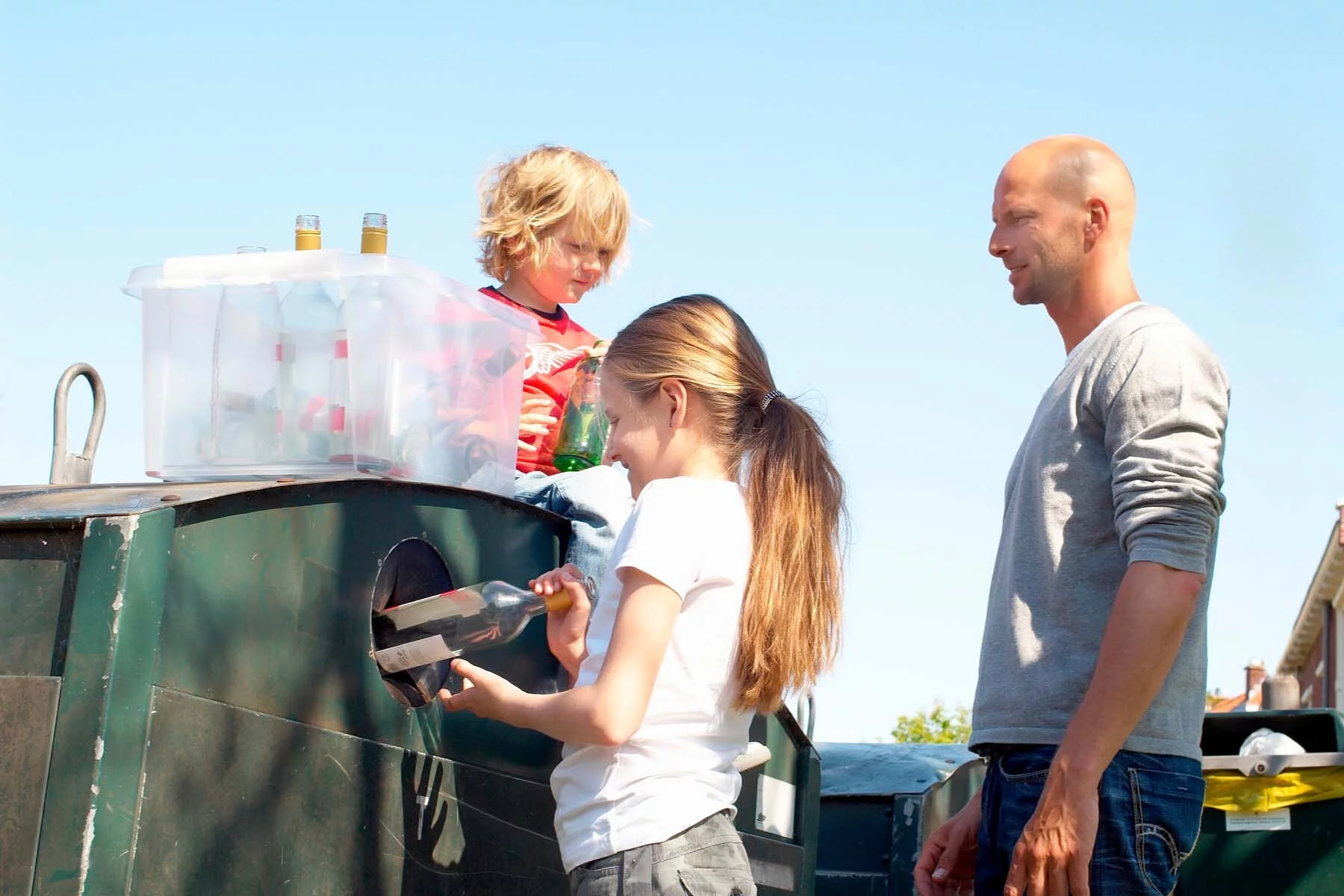
Recycling metal
Another easily-recyclable material is metal, which includes drinks cans, food tins, and even aluminum foil. You can usually include these metals in your recycling alongside plastics (orange bin), as long as they are clean and free of all foodstuffs. In some cities, like Amsterdam, you can dispose of metals along with non-recyclable waste. Your local household waste sorting center then separates it out.
Recycling other household items
In addition to the above, there are many other items that you can recycle in the Netherlands, outside of the weekly collections or roadside containers. Here are some of the most common items and how you can recycle them:
- Textiles and shoes: You can recycle shoes, clothes, and some other textiles (although not bedding) at specialized containers, usually located near other recycling facilities. Alternatively, why not donate good quality old clothing to your local secondhand shop (thrift store)?
- Batteries: Many supermarkets and stores that sell batteries also provide recycling facilities (batterijenbak). Find your nearest one here.
- Household appliances and other electronics: If you’re replacing your old gadgets, make sure you recycle them properly. You’ll be able to recycle these at your nearest waste drop-off location. Simply search online or contact your local municipality for details.

Senior Editor
Sarah Fairman
Insider Tip
Got old household items cluttering up your home? You may be able to give them a second life by donating them. If they’re still usable, stop by your local kringloopwinkel (second-hand shop/thrift store) to see if they’re looking for donations. Otherwise, initiatives such as Spullenbak (in The Hague) and Byewaste offer pick-up services for a variety of unwanted items – often including broken ones. Check their websites to find out what they’re currently collecting in your area.
Tips for recycling at home
New to the country? Understanding how recycling works in the Netherlands can be tricky. To ensure you don’t end up getting it wrong, here are a few quick tips for making recycling easier at home:
- Do your research: Every local municipality recycles slightly differently from the last. Whenever you move to a new area, do your research on the local system. This will help you know what to expect.
- Reduce your use: Not sure how to recycle? It helps if you reduce your waste. To give you some pointers, read our top tips for cutting down your everyday plastic use.
- Wash, wash, wash: Get into the habit of washing out all that food packaging before tossing it in the recycling. It won’t take long and will ensure you recycle more effectively.
- Arrange your waste: Putting your recycling next to your waste collection at home will make the process a whole lot easier. If you’re separating recycling, make sure you mark which is which!
Food composting in the Netherlands
One surprising way to make your life that little bit more sustainable is through food composting. Thankfully, for expats new to the Netherlands, composting food waste is part of many local municipality’s waste system. Indeed, some areas provide residents with green food composting bins (groenbak) that they collect regularly. In other municipalities, residents include food waste with general waste (restafval). However, even if your green waste is not collected, you might still be tempted to buy your own food composting bin and stick it on your balcony or patio.
Garbage collection in the Netherlands
Like recycling, local municipalities organize residual household waste (restafval), either through curbside collection or in underground containers on the roadside. As part of the Netherlands’ goal to create a circular economy by 2050, authorities have made moves towards zero waste through campaigns to reduce, reuse, and recycle. However, until then you’ll still need to do something with your household garbage.
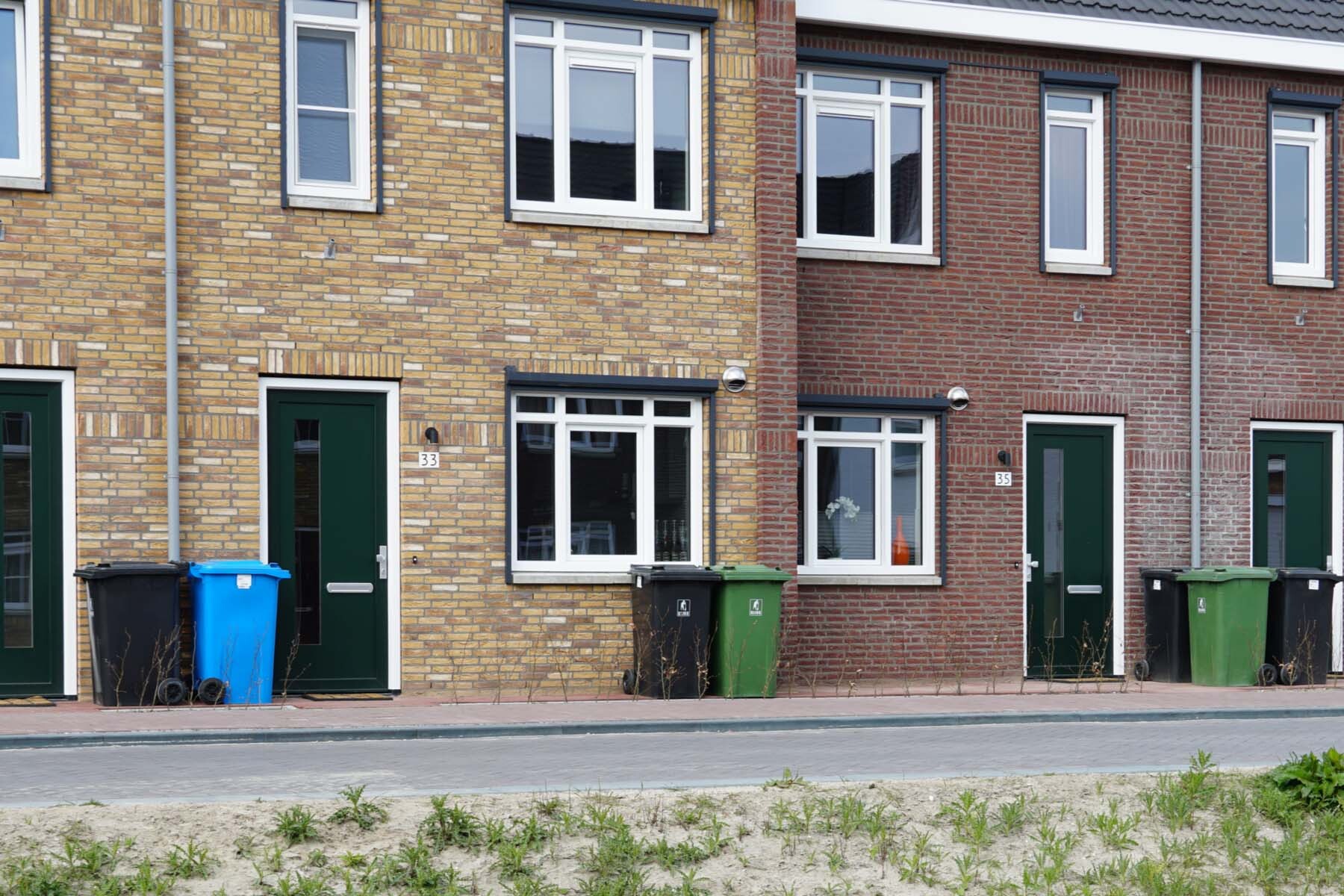
Garbage collections happen either weekly or fortnightly. Most local authorities provide bins that make it easier for garbage trucks to collect trash on the roadside. These bins are grey or black. If you live in an apartment building, you’ll likely have communal garbage dumpsters near the entrance. These will also be emptied at regular intervals alongside household wheelie bins in the local neighborhood.
When does my garbage get collected in the Netherlands?
This largely depends on where you live, as each municipality will have its own timetable when it comes to collecting trash. To find out when your trash will be taken, check with your local municipality or the nationwide AfvalWijzer. Be aware that the rules around when to put out your garbage can be strict, including how early you can leave your trash on the roadside the night before. Failing to follow these rules could result in a fine, so make sure you know what to expect.
Garbage dumps in the Netherlands
If you’ve got a large number of household items to dispose of, you’ll probably need to visit your local garbage dump. In the Netherlands, these are Waste Collection Points (afvalpunt). At these locations, you’ll be able to dispose of all manner of items, including electrical appliances, garden waste, and DIY waste including paint and household chemicals. These centers are only free for residents and businesses must therefore pay to use them. To find your nearest center, visit your local municipality’s website.
Useful resources
- City of Amsterdam – information on household waste and recycling
- The Hague International Centre – recycling and waste information
